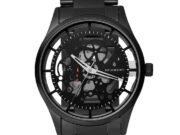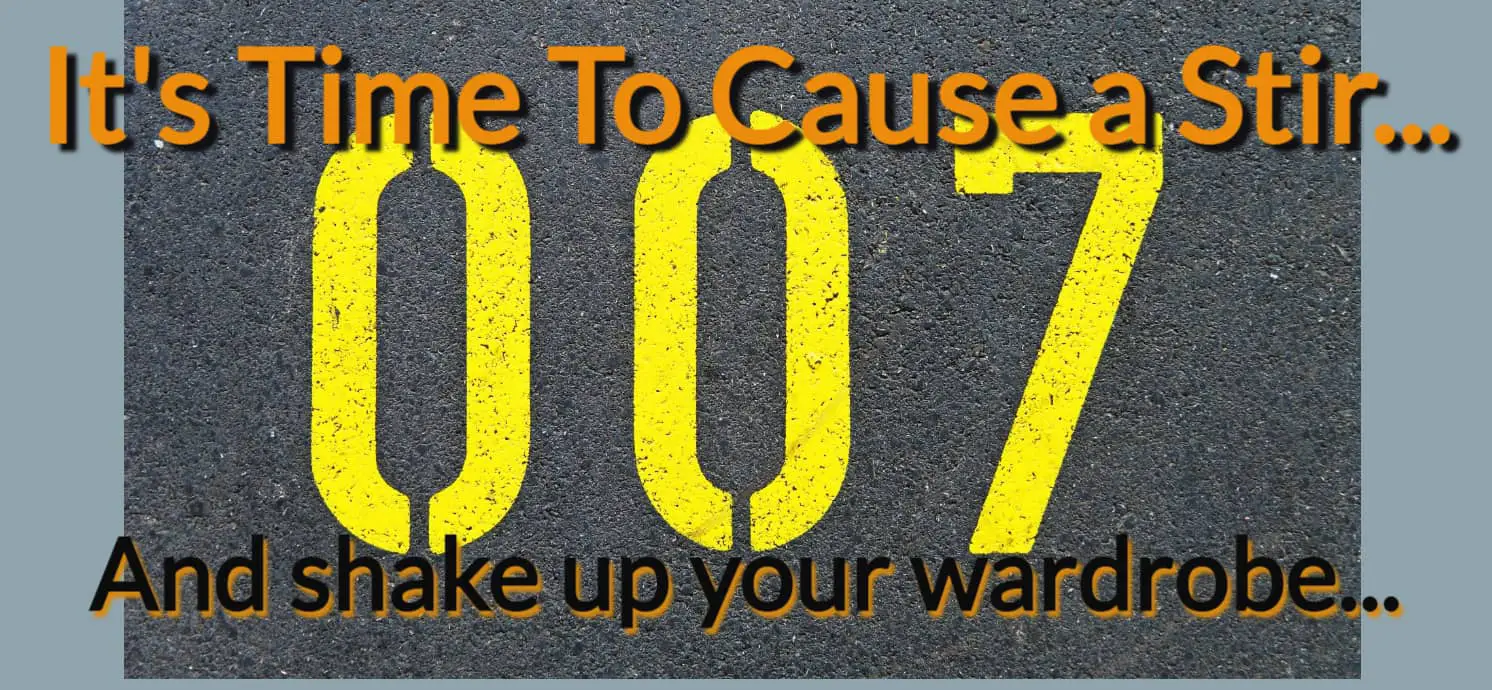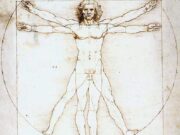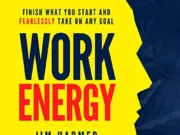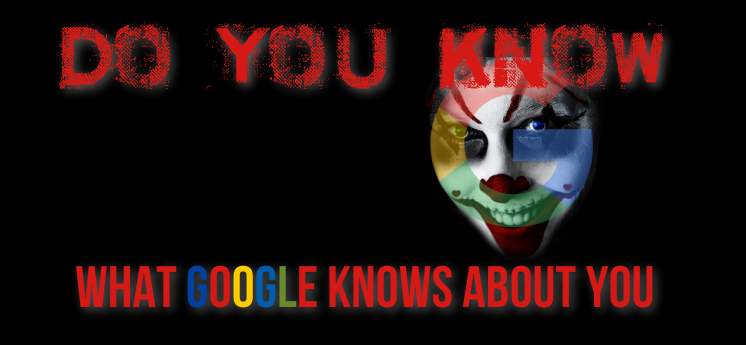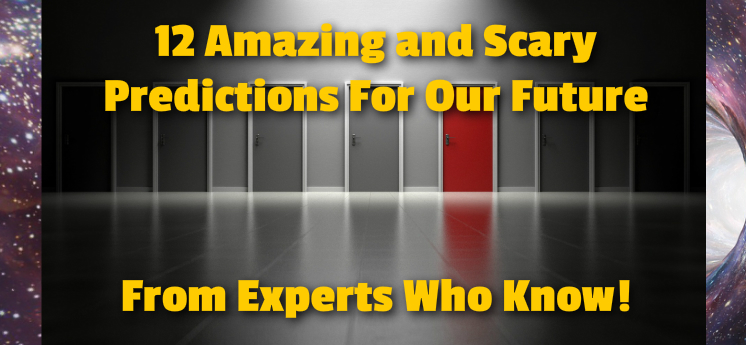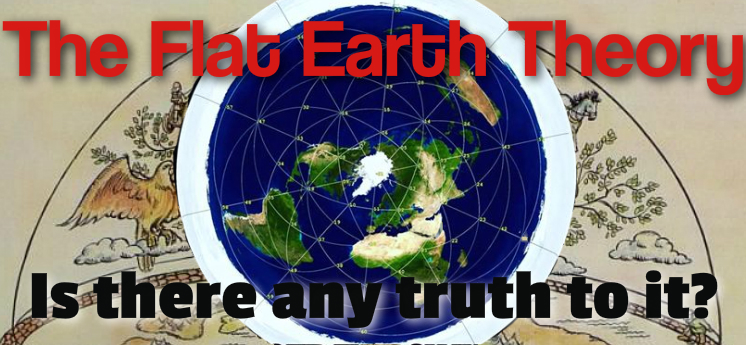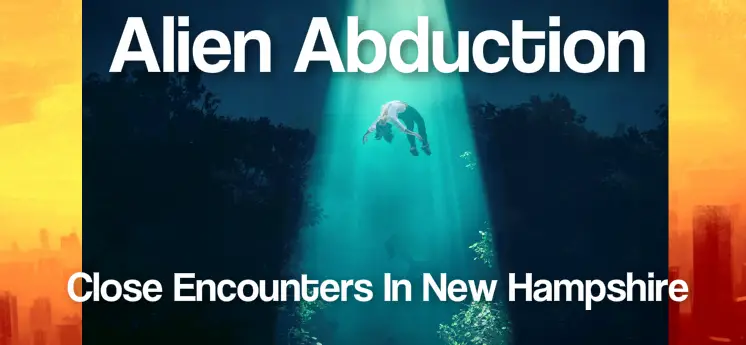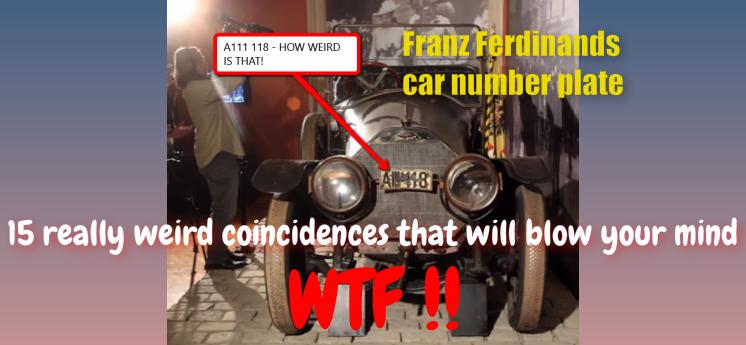At its worst, science fiction reads like the desperate escapism of lonely boys whose only connection to high school sport was having their head slammed into a locker each morning by members of the football team.
It reaches for wild, fantastic landscapes where heroic spacemen wearing glasses and a retainer zap cowering underlings in helmets and shoulder pads with a ray gun.
At the other extreme, however, is science fiction that reaches into the human condition to expose universal truths. Along the way, it has an uncanny knack of predicting the future…
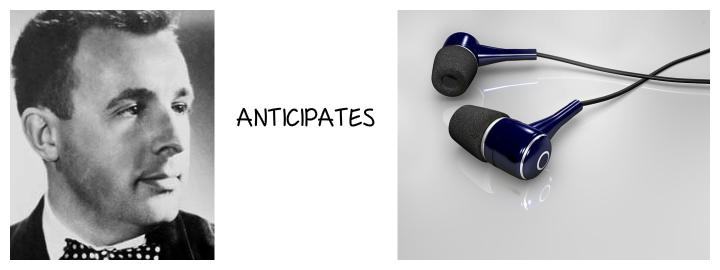
Ray Bradbury anticipates earbuds
Published in 1953, Fahrenheit 451 is more than an obligatory high school English text. It happens to be a blueprint for Millennial society. OK, burning books never really caught fire as a civic duty, but Bradbury predicted a zoned-out society where people plugged ‘seashells’ into their ears to enjoy white noise, and focused their critical faculties on an early form of reality TV. Half a century later, and the sidewalks are swarming with tuned out teenagers nodding to their headphones, and Kim Kardashian has 47 million followers on Twitter.
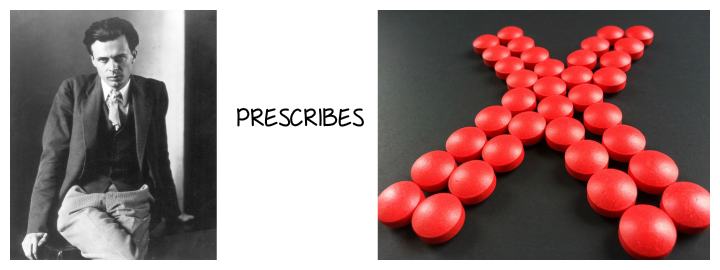
Aldous Huxley prescribes antidepressants
Aldous Huxley
In his excellent The Doors of Perception, brainiac Aldous Huxley talks the reader through the benefits of hallucinogenic drug-taking as a means of unlocking an otherwise out-of-reach level of thought. In Brave New World, however, he satirises an emotionally empty world where citizens neck ‘soma’ in order to fill the void. That was in 1931. Almost a century later, antidepressants and painkillers are the government’s own wry satire on the War on Drugs.
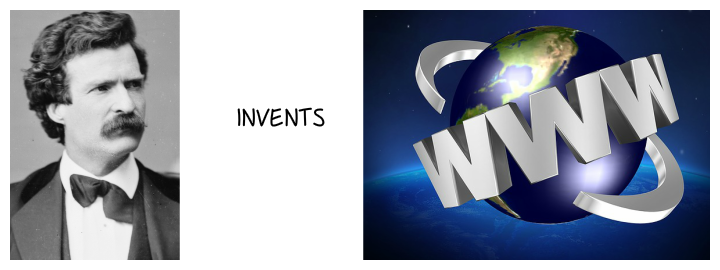
Mark Twain, Internet Inventor
Mark Twain
You thought Mark Twain restricted himself to quirky regional tales of fence-painting and Mississippi rafting? Think again. In his short story ‘From the London Times of 1904’, Twain writes of a telelectroscope that enables unlimited communication around the world. That’s right, the internet. To be fair, a room full of typing monkeys would have also come up with the idea given the time, but Twain got there first.
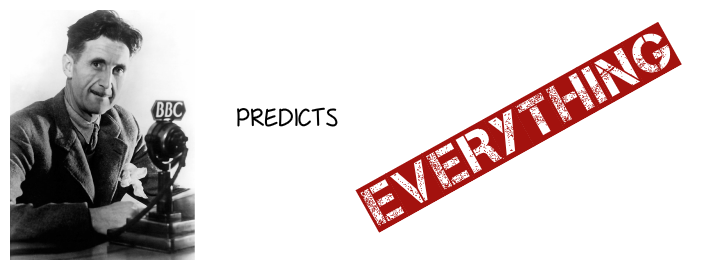
George Orwell predicts everythin
George Orwell
In his 1949 novel, George Orwell not only predicted the year 1984 with uncanny foresight, but also envisioned a nightmare world of state surveillance and thought control. The kicker is that it was supposed to be satire. Presumably, the NSA never got the memo, because your chances today of escaping CCTV, GPS tracking or even your eavesdropping Samsung smart TV are practically zero.
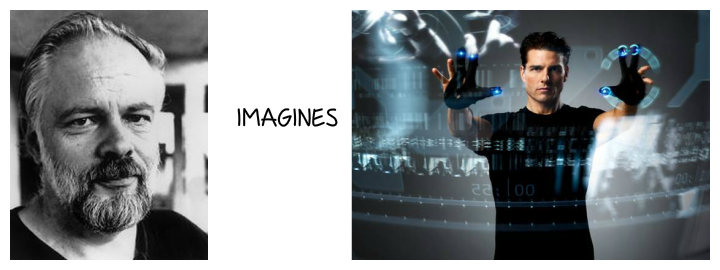
Philip Dick imagines advertising
Philip K Dick
Think of advertising in 1958, and the mind conjures up images of proud housewives pulling pies out of an electric oven. Not for Philip Dick, though. His short story in the same year, later interpreted as the movie Minority Report harks forward to air-touch screens and advertising that responds to individual preferences in real time. If you don’t like what keeps popping up in your Facebook feed, check your search history, your credit card statement and your daydreams.
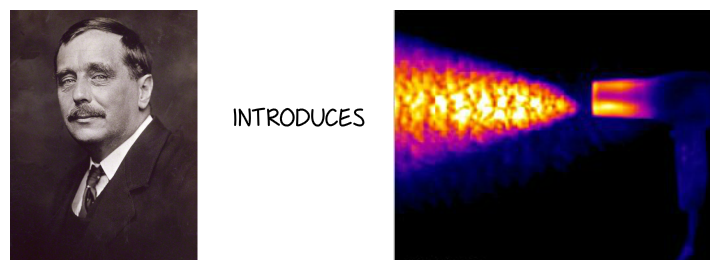
HG Wells and his military ray gun
HG Wells
That lonely boy in the opening paragraph? The one who spent his teenage years pulling the wings off flies and trolling the bereaved on message boards? He’s the type of guy the CIA wants on their team. Somewhere deep in a sulphurous bunker licked by the flames of hell, military technicians are putting the finishing touches to weapons like the Active Denial System, which microwaves the soft tissue of anti-war protesters and Bernie Sanders supporters. And their set text is HG Wells’ 1898 War of the Worlds, which introduces the heat ray gun.
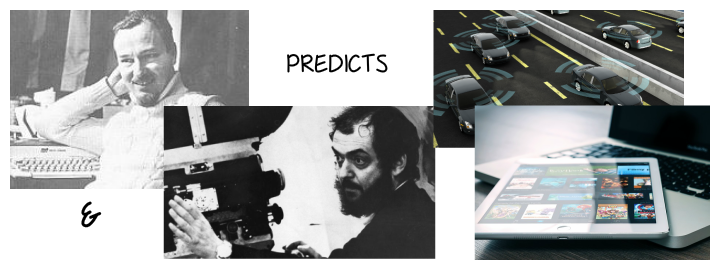
An honourable mention
John Brunner’s 1969 ‘Stand on Zanzibar’ ranks alongside 1984 in its ability to predict the future, although this time the focus is more on electric driverless cars rather than doublespeak. A shout out too to Stanley Kubrick’s 2001: A Space Odyssey, which gives a nod to the iPad.

And the future…
In Homo Deus, Yuval Noah Harari predicts that we’ll soon be replacing our own ability to feel human emotions with far more convenient algorithms as we go full data. Consider the fact that your social media apps already have a far better picture of who you are than your own friends and family. Just how long do you think you can keep your fondness for Adam Sandler movies a secret?













